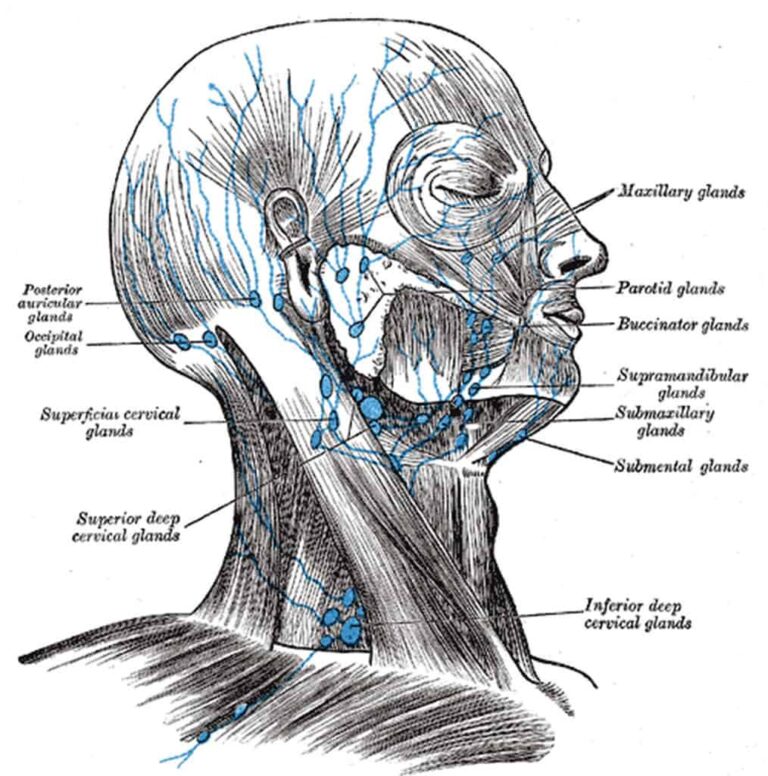What Is PMDD? How to Spot the Signs of This Severe Hormonal Condition
Let’s be honest – periods are already a monthly inconvenience that nobody asked for. But imagine if your menstrual cycle decided to turn into a full-blown emotional and physical nightmare that makes you question your sanity. Welcome to the world of PMDD, where “it’s just PMS” becomes the most infuriating phrase you’ll ever hear.
What Exactly Is PMDD?
Premenstrual Dysphoric Disorder, or PMDD for those who don’t have time to pronounce medical jargon, is basically PMS’s evil twin who decided to major in psychological warfare. While regular PMS might make you crave chocolate and feel a bit cranky, PMDD transforms you into someone you don’t recognize – and frankly, someone you probably don’t want to be around.
This hormone-based mood disorder affects people of childbearing age during the luteal phase of their menstrual cycle. Translation? It’s that lovely two-week window before your period when your body decides to wage war against your mental health. Johns Hopkins Medicine describes it as a severe and chronic health condition that actually needs medical attention, not just a hot water bottle and some sympathy.
The cruel irony? The symptoms are so intense that they can completely derail your ability to function normally at home, work, or in relationships. It’s like your hormones are playing a twisted game where the rules change every month, and you’re always losing.
Recognizing the Signs That Something’s Wrong
Here’s where things get tricky – PMDD symptoms aren’t just your garden-variety period problems. We’re talking about a complete emotional meltdown that happens like clockwork. The emotional symptoms include overwhelming depression that feels like you’re drowning, anxiety that makes you want to crawl out of your own skin, and anger so intense it could power a small city.
But wait, there’s more! (As if the emotional turmoil wasn’t enough.) Physical symptoms join the party too, bringing along breast tenderness that makes wearing a bra feel like torture, joint and muscle pain that rivals a hardcore workout you never did, and headaches that could stop a freight train.
Sleep problems? Check. Difficulty concentrating? Double check. Feeling like you’re completely overwhelmed by life itself? Triple check with a side of existential dread.
The Cleveland Clinic notes that people with PMDD experience extreme irritability, anxiety, and depression. It’s not just feeling “a little off” – it’s like your brain has been hijacked by hormonal terrorists who have absolutely no chill.
The Cruel Timing of PMDD Symptoms
What makes PMDD particularly frustrating is its timing. Symptoms typically start during the week before menstruation and mercifully end within a few days after your period starts. It’s like your body is playing the world’s worst prank on you, complete with a countdown timer.
This predictable pattern is actually what helps distinguish PMDD from other mood disorders. Depression and anxiety disorders don’t follow your menstrual calendar, but PMDD is nothing if not punctual in its monthly reign of terror.
Getting a Proper PMDD Diagnosis

Unfortunately, no magic test can instantly diagnose PMDD (because that would be too convenient, wouldn’t it?). The diagnostic process feels a bit like detective work, except you’re both the detective and the crime scene.
According to the DSM-5, you need to experience five or more symptoms in the majority of your menstrual cycles to receive a PMDD diagnosis. Your healthcare provider will likely ask you to keep a symptom diary for two to three months – basically, you become a documentary filmmaker of your own monthly misery.
The tricky part is that PMDD symptoms can masquerade as other conditions like thyroid disorders, depression, or anxiety disorders. It’s like a medical game of hide and seek where the stakes are your mental health and quality of life.
Why PMDD Deserves Serious Attention
Here’s the thing that really grinds my gears – PMDD is often dismissed as “just bad PMS” or women being “dramatic” about their periods. This dismissive attitude is not only infuriating but downright dangerous. PMDD is a legitimate medical condition that significantly impacts quality of life.
The reality is that PMDD affects your ability to maintain relationships, perform at work, and simply exist as a functional human being for a significant portion of each month. It’s not something you can just “tough out” with willpower and green tea.
If you recognize these symptoms in yourself, don’t let anyone minimize your experience. Seek proper medical attention and advocate for yourself, because you deserve to feel human for more than two weeks out of every month.







